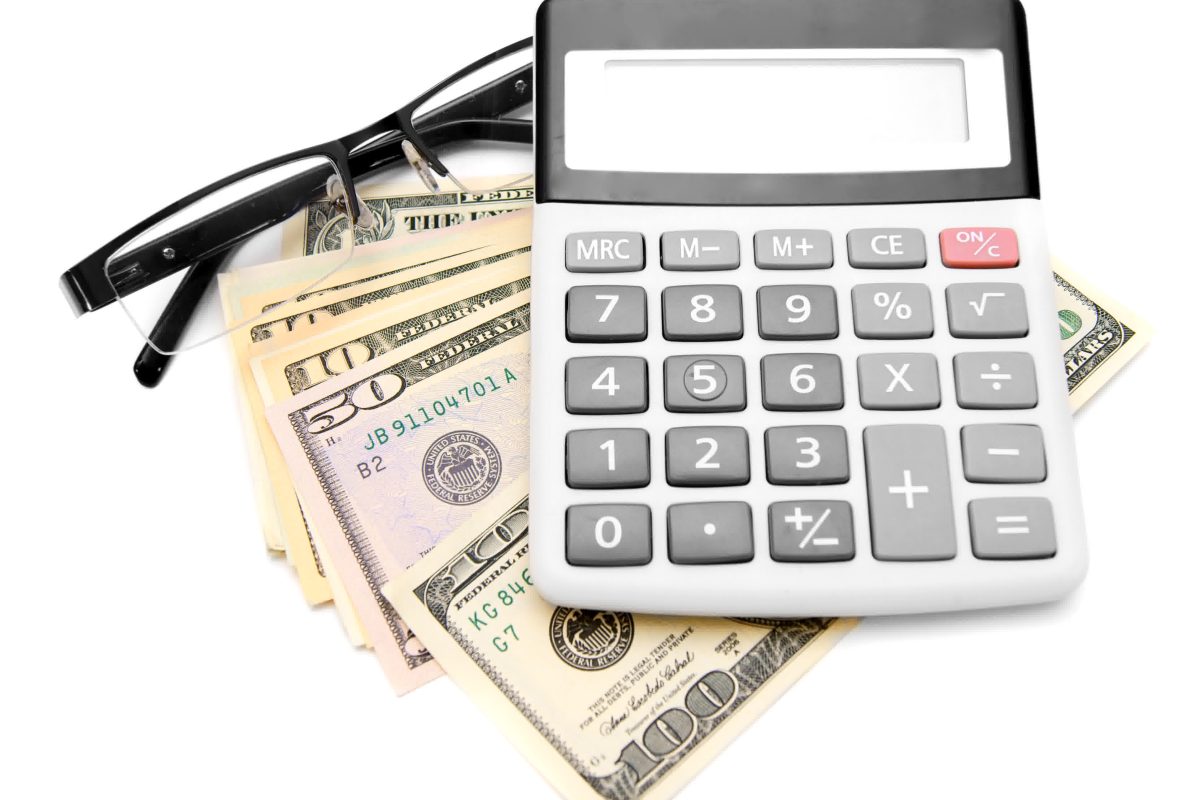Are you thinking about renovating your home, but worried about the cost? Don’t worry, there are plenty of ways to save money on a renovation. Here are some tips to help you get started:
First and foremost, it’s important to set a budget and stick to it. Determine how much money you can realistically afford to spend on your renovation, and make sure to include a buffer for unexpected expenses. This will help you stay on track and avoid overspending.
Next, take the time to shop around for materials. Compare prices at different stores and online, and don’t be afraid to negotiate with suppliers for a better deal. Every little bit helps!
If you’re handy and have the time, consider doing some of the work yourself. This can save you a lot of money on labor costs, and it’s a great way to add a personal touch to your renovation. Just be sure to only take on tasks that you feel comfortable with, and consider hiring a professional for anything that’s outside of your skill set.
Be flexible with your design. While it’s important to have a clear vision for your renovation, making small adjustments to your design can help you save money. For example, you might use lower-cost materials or simplify the layout to reduce costs.
Getting multiple quotes is also a smart way to save money. Don’t just go with the first contractor you find – get quotes from multiple professionals to ensure you’re getting the best price.
At the same time, it’s important to not skimp on quality. Using high-quality materials will ensure that your renovation is durable and long-lasting, even if it means spending a little more upfront. Trust us, it’s worth it in the long run.
Now for the fun part – get creative! There are so many ways to save money on a renovation. You might be able to repurpose items you already have, like using an old door as a headboard or an old ladder as a bookshelf. You could also look for creative solutions to problems – for example, if you want to add a backsplash to your kitchen but don’t want to spend a lot of money, consider using adhesive tiles instead of traditional ceramic tiles.
Don’t be afraid to ask for discounts. Some contractors or suppliers may be willing to offer discounts if you ask, especially if you’re working on a large renovation project. It never hurts to ask!
If you need help financing your renovation, there are options available such as home equity loans or personal loans. Just be sure to shop around and compare rates to find the best deal.
Finally, don’t be afraid to negotiate. If you’re working with a contractor, try negotiating a lower price if you agree to pay in cash or if you’re willing to do some of the work yourself. You might be surprised at how much you can save just by asking.
Keep an eye out for sales and discounts on materials and supplies, as this can help you save money on your renovation. And if you’re looking for even more ways to save, consider using energy-efficient materials. They may cost a bit more upfront, but they can help you save money on your energy bills in the long run.
In conclusion, there are many ways to save money on a renovation. By setting a budget, shopping around for materials, doing some of the work yourself, being flexible with your design, getting multiple quotes, and being open to negotiating, you can renovate your home without breaking the bank. So go ahead and get started – happy renovating!











